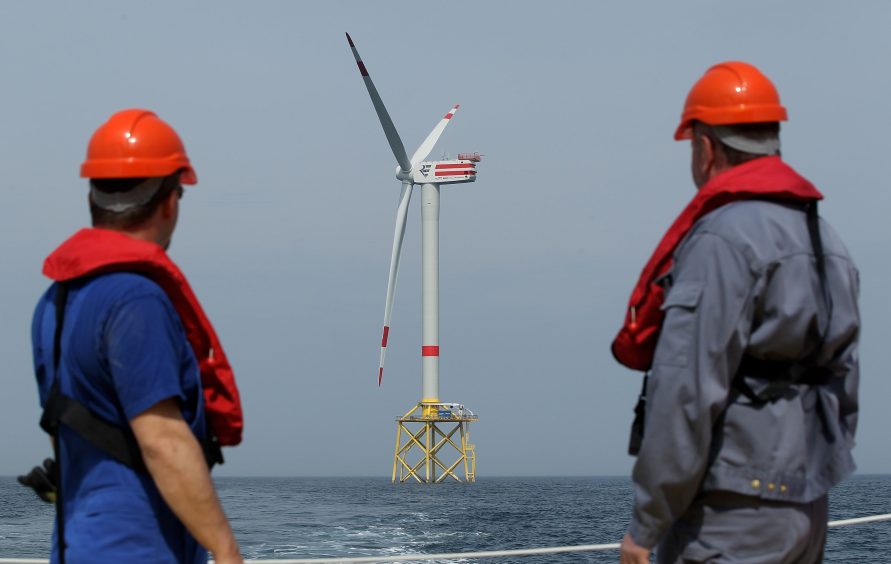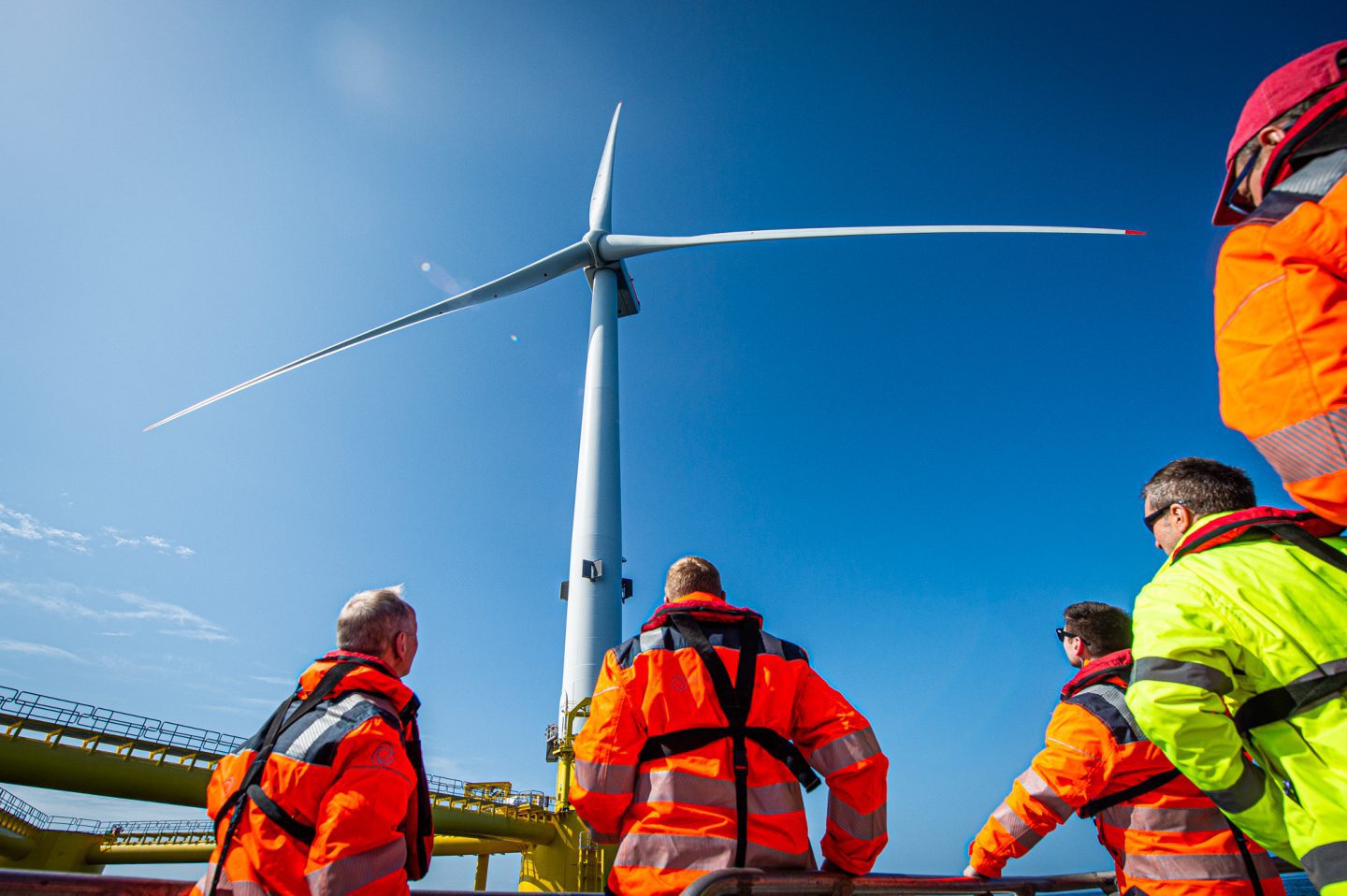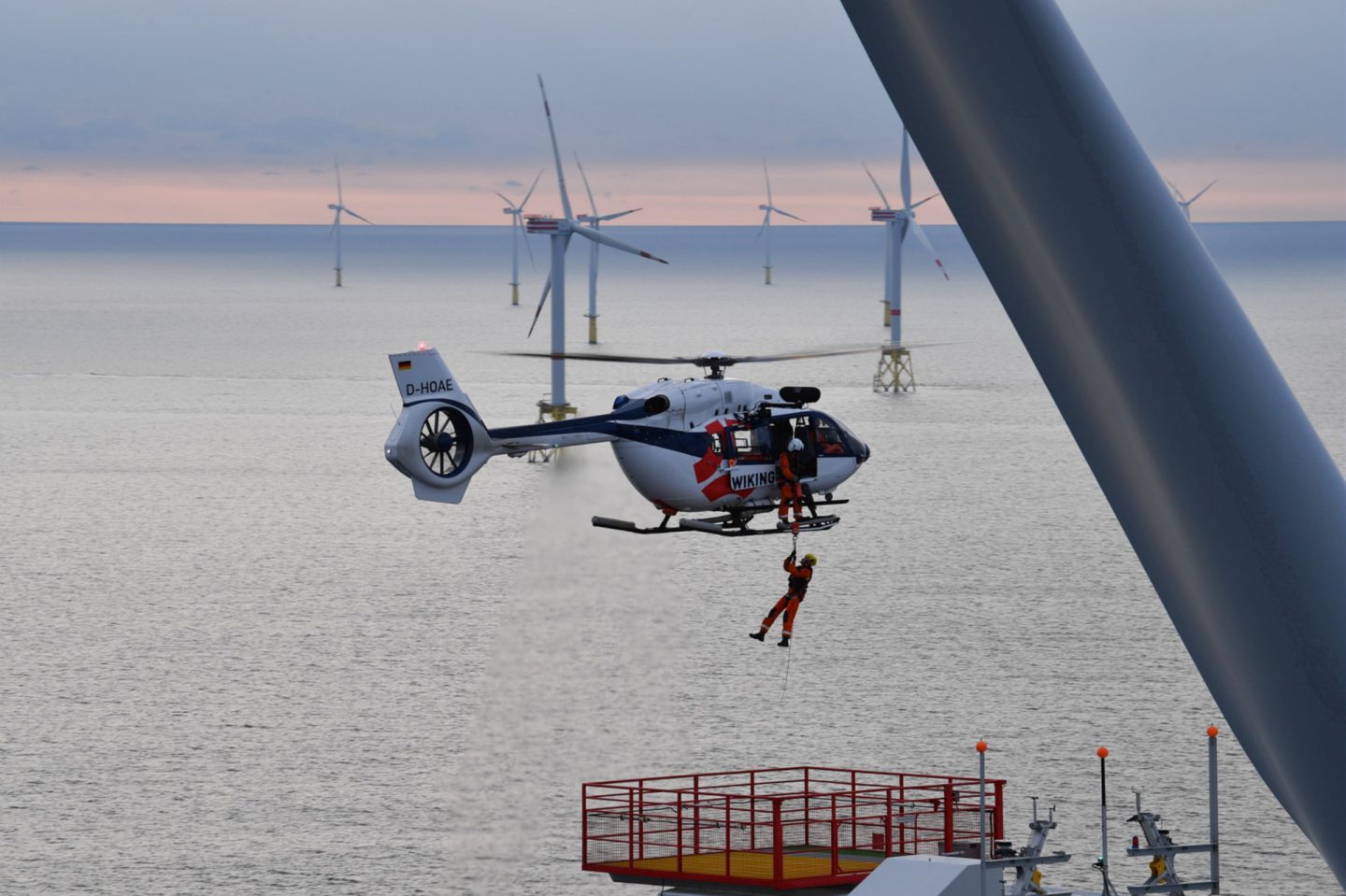
As another year draws to a close and a new one begins, our mission at OPITO remains clear and compelling: to provide global safety training and qualifications for the current and future worldwide offshore energy industry.
To keep people safe and skilled. For us that means three key considerations: Safety, Skills and Sustainability.
We live and breathe safety and skills. This year our global network of over 230 centres across 52 countries has trained almost half a million people to our standards.
And we’re playing a growing part in the energy transition: an estimated 42 million jobs will be created in renewables by 2050.
From wood to coal, to oil and nuclear, all our industrial revolutions, all our energy transitions, have been driven by people – it’s their creativity, imagination and expertise that will reshape our energy system.
Our role is to prepare a safe and skilled workforce for this new landscape.
Safety
Since the first industrial revolution, safety has been a priority in the energy industry.
We will never forget the Piper Alpha explosion of 1988. From the training environment to the workplace, we will always ensure our training has safety at its core.
Skills
There is a great deal of hard-earned competency in our offshore oil and gas supply chain.
From floating offshore wind and hydrogen to CCUS and solar, it will serve the clean energies sector well. Many in the current workforce already have the skills and knowledge needed to transition.
But these skills must be recognised and transferred.
Tomorrow’s workforce will need to move effortlessly between different sectors of the energy industry. And we must move with the times.
Through a combination of virtual learning platforms, live instructor-led webinars, e-learning products and video tutorials, together we’ve shown that combining digital and blended learning works.
Sustainability
Fifty years ago, the offshore energy sector pioneered the technology to extract hydrocarbons from the world’s most hostile environments. It created a world-class offshore workforce.
Many workers transferred their skills from other industries – mining and shipbuilding, construction and automotive engineering.
This legacy provides great competitive advantages today, giving us world-leading expertise and the technological know-how we need to adapt to an integrated energy future.
The scale of today’s challenge is huge – but so are the rewards.
The world’s population looks to the energy workforce to make life safe and sustainable.
Delivering on this means retaining those hydrocarbon skills whilst nurturing the skills and diversity of the next generation.
To create a pipeline of talent, we must present a career in energy as an attractive proposition for our brightest and best young people.
Now is the time to inspire and excite our current and future workforce.
We are working today to ensure that the global energy workforce is ready for tomorrow.
Together, we’re shaping the energy industry of the future with the skills and safety of our people.
Recommended for you

 © Supplied by Aspect Reputation
© Supplied by Aspect Reputation © Supplied by Wullie Marr/ DCT
© Supplied by Wullie Marr/ DCT © SYSTEM
© SYSTEM